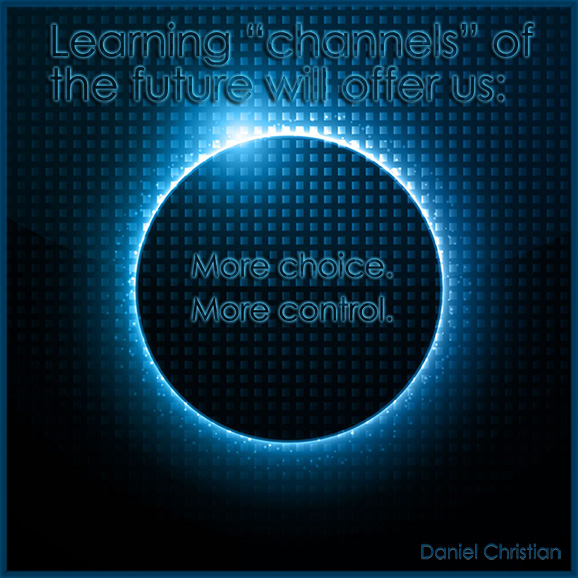#heutagogy For those with some time to spare, here is my Keynote at the SOTEL Symposium in Auckland a couple of weeks ago. https://t.co/5xj9Km2q3s
— Stewart Hase (@stewarthase) February 29, 2020
Notes from Stewart Hase’s keynote (Feb 2020) — with thanks to Dr. Lisa Marie Blaschke in Germany for her Tweet on this
- The commodification of education – turns out sausages
or - Are we creating more Greta Thunbergs?
Creating learning experiences where people are not sausages. Policymakers don’t get it. Practitioners do.
~11:00 mark –> Learner agency; have control over what they can learn about (inserted graphic from DSC below)

Heutagogy (self-determined learning)
- …the learner is a partner (agent) in designing and realizing their own learning (Hase & Kenyon, 2000)
PAH continuum – Pedagogy –> Andragogy –> Heutagogy
Hobby – learned to do it but didn’t go to school for it. How did you go about learning it?
- Listened to radio, watched YouTube videos, watched other people, trial and error, repeated activity, conversations/reflections/group learning, read books, break things down into smaller parts, seek out a mentor, exploring, testing hypothesis, fail, get stuck and find a way through
Kids know how to do heutagogy – very natural; self-determined learning.
~21:45 To what extent do we incorporate heutagogy into our classrooms?
- Context and experience – the neurons you bring to the learning table
- Competence and capability
- Negotiated learning; let the learner contextualize stuff for you
- Experiential learning
- Flexible assessment
- Chunking the learning
- Chunk the assessment
- Flipped classroom
- Project-based learning
The learning leader: New skills
- Happy with ambiguity – have to give up control and power
- Have to trust people
- Relationship oriented
- Process not content oriented
- Coach and guide
- Scientist
- Facilitator








